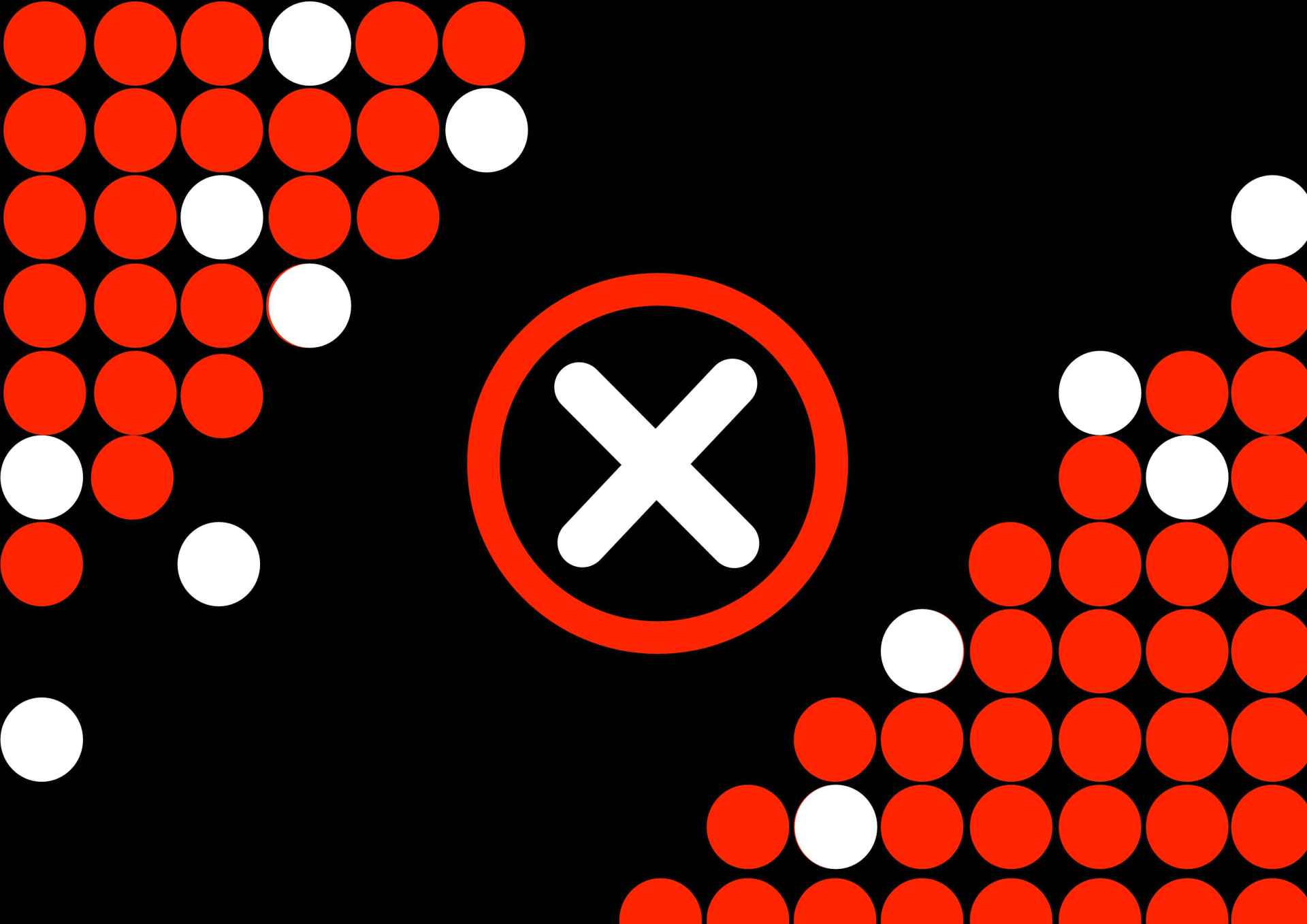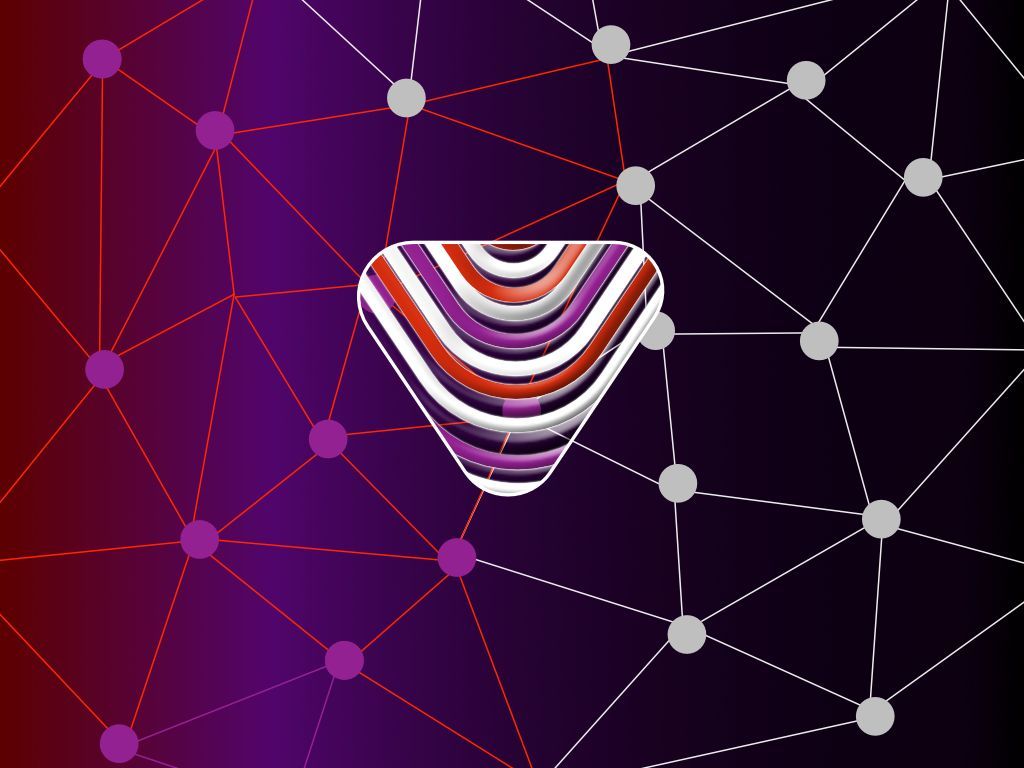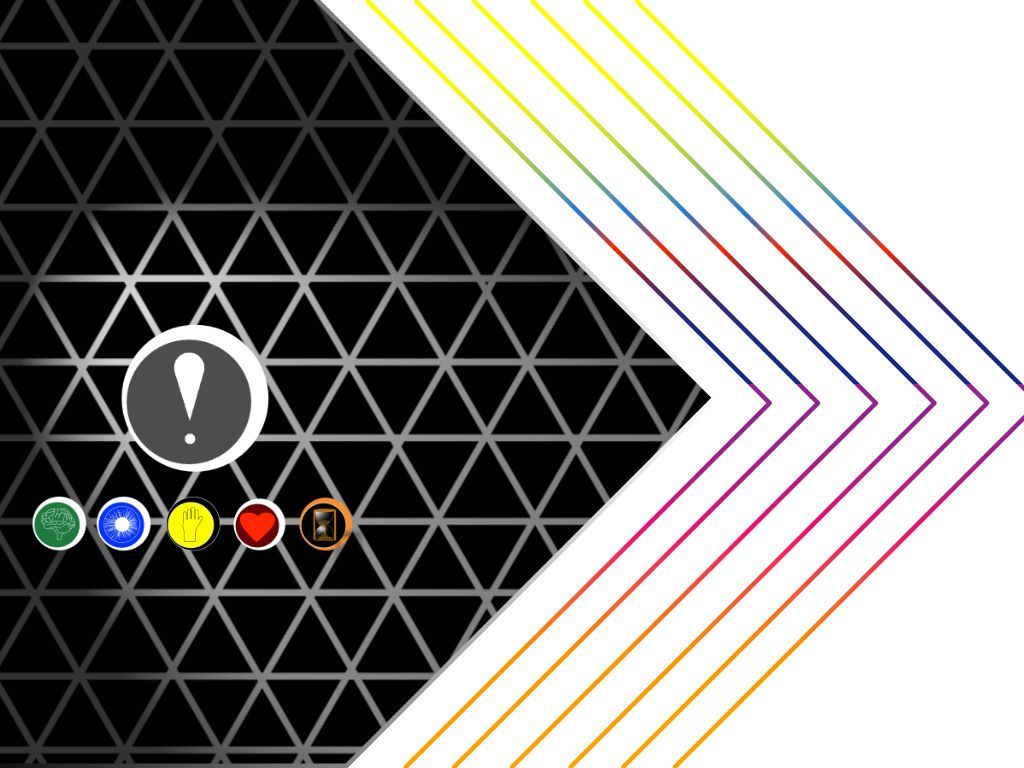Home > Diverse Differences > Think Twice
Think Twice
The bitesize awareness project against bullying

Explore by Selecting the title bars below to reveal detailed information

Action steps
Explore by Selecting the title bars below to reveal detailed information
Recommended websites & campaigns
Discover recommended projects and campaigns online against bullying
Anti-Bullying Week
Give Us A Break campaign
The Anti-Bullying Alliance
Recommended Hate crime websites & campaigns
If bullying experiences has escalated into a hate crime, there is further information online.
Click on the links below
True Vision Hate Crime
National Hate Crime Awareness Week
Stop Hate UK
Home Office (Hate Crime Campaign webpage)
This project shows is part of Plus Value Awareness commitment in supporting the annual awareness events throughout the year including:
National Hate Crime Awareness Week, Anti-Bullying Week and Give us a Break
Discover other projects to explore

"Zero Toxic"
The awareness information project against prejudice, discrimination, bullying & hate.

"Positive Value"
Explores the elements and factors to value and to embrace a person with hidden differences
Get in touch
If this project can be potentially beneficial to your community, organisations or groups, the project director Keith McKenzie is available to be in touch via his Linkedin profile.
If you wish to connect on the link please send a message beforehand with details of your organisation, your objectives. Also to inform how can this project can be beneficial to your organisation and community.
Select the link below





